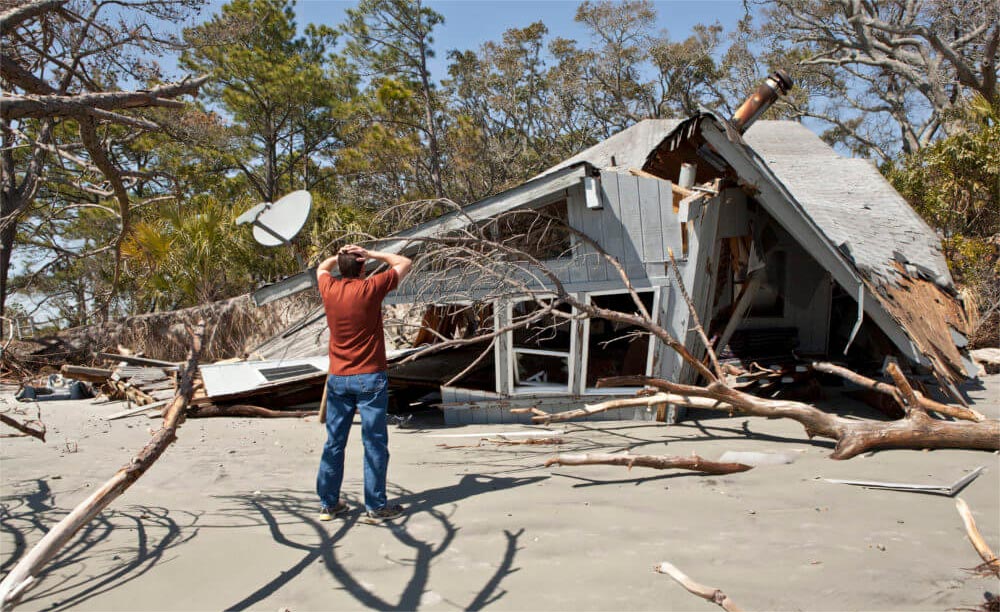Helping Yourself After The Trauma Of A Natural Disaster
Posted on Sep 15, 2020
Most of us like to be in control of our lives. We all make plans. We generally feel prepared for the future and are relatively secure in the present. When something like a natural disaster or traumatic event changes our plans or worse, it can take awhile to feel safe and secure again..
Here are some steps you can take to build resiliency and regain control:
-
Find support
The catastrophic destruction of Harvey and Irma caught everyone off guard. When disaster strikes out of nowhere, our first instinct is to turn to friends and family for support. However, in situations like this, entire communities have been affected, friends and family may be looking for the same support. Seek out support one on one or meeting with others in a support group is helpful. Make sure whatever option you choose, especially the support group, is led by a trained and experienced counselor. Don’t isolate yourself.
Even if you were not directly affected, it’s important to protect yourself against “vicarious trauma,” or “secondary traumatic stress.” Those are terms for secondhand exposure to others’ pain and misfortune. In the case of our deadly Hurricane Harvey in Houston and Hurricane Irma in Florida, we get bombarded with the terrible information 24/7. If this is your situation, look into support groups for “families of” or “friends of” people who have gone through trauma. Talk with a friend outside of the situation.
Look for the people who are helping in this situation. You may need to take advantage of resources that you haven’t used before. Emergency services and local church aid are here to help. We all need help at some point. Sometimes you will be the helper and, other times, the receiver. Both are normal.
Even if you are hurting emotionally or financially from the event, it may help you feel better to give back. We get what we give! Donate time, effort, or money if you can. Don’t overextend yourself. There will be times to give back later. You can do something; it doesn’t have to be everything and certainly not all at once.
-
Re-establish your routine
Get back into your routine as soon as possible. It may be impossible to have the exact routine as before, but get back to work in some capacity. Recreate another home, if needed. Keep small things the same. Can you still have mealtimes at the same time? Exercise? Go out for coffee?
-
Educate and prepare yourself
Do some research. Look into how often these types of events happen where you are. Figure out what aspects of your life you can control at the moment. This is not the time to make major life decisions. Instead develop emergency plans and safety kits.
-
Limit excess repetitive or negative media
Limit where you get news and the amount. Otherwise, you will feel buried in the same topic. Cut back on social media. Things might be posted that could trigger fear or anxiety.
-
Practice prayer and self-care
Be gentle with yourself. Practice prayer and deep breathing when you feel anxious. List things you are grateful for to improve your outlook. Stay hydrated. Eat well. Get rest. Don’t push yourself. As long as you are getting stronger each day, you are making progress.
If feelings of helplessness, despair, or anxiety don’t ease, or if it is difficult to get through your day, consider seeking out a Licensed Mental Health Specialist. It helps if they have some years of experience in working with trauma.
Resources
- American Red Cross. “Family Preparedness Made Easy,” www.redcross.org/prepare/location/home-family/preparedness.
- American Psychological Association. “Building Resilience to Manage Indirect Exposure to Terror,” www.apa.org/helpcenter/terror-exposure.aspx



